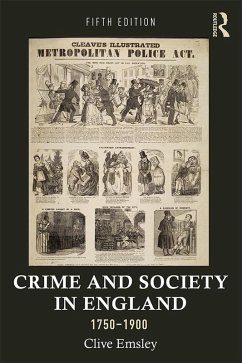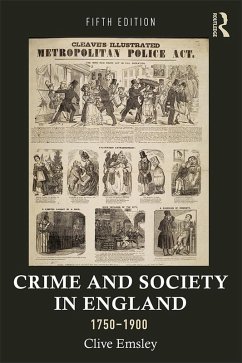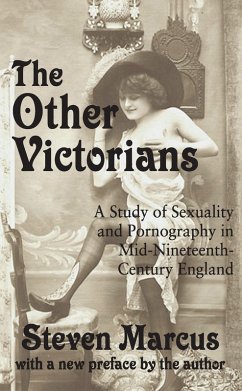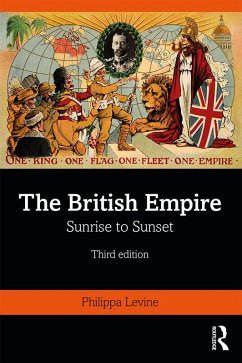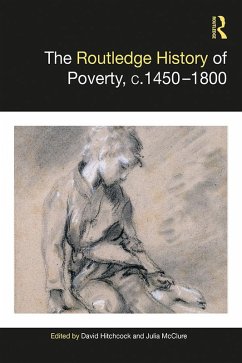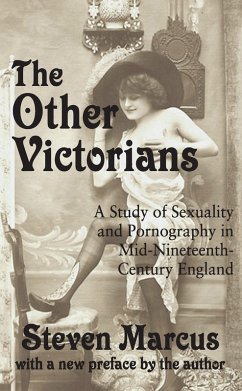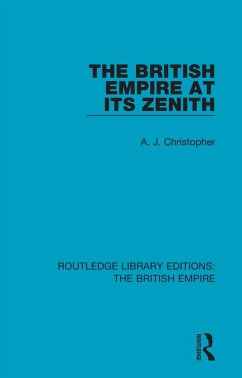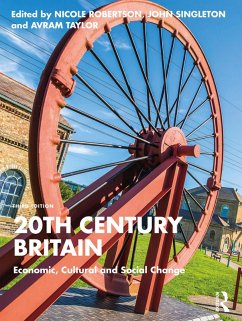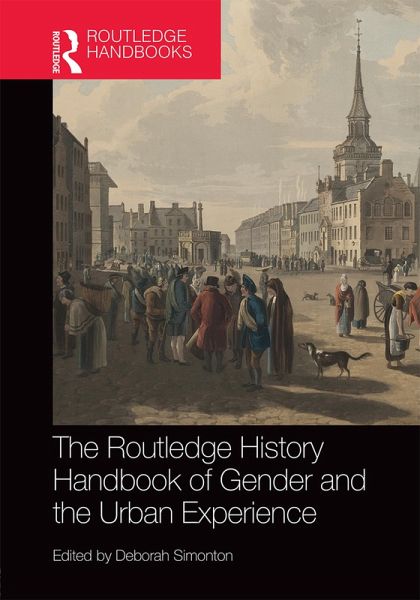
The Routledge History Handbook of Gender and the Urban Experience (eBook, PDF)
Versandkostenfrei!
Sofort per Download lieferbar
46,95 €
inkl. MwSt.
Weitere Ausgaben:

PAYBACK Punkte
23 °P sammeln!
Challenging current perspectives of urbanisation, The Routledge History Handbook of Gender and the Urban Experience explores how our towns and cities have shaped and been shaped by cultural, spatial and gendered influences. This volume discusses gender in an urban context in European, North American and colonial towns from the fourteenth to the twentieth century, casting new light on the development of medieval and modern settlements across the globe.Organised into six thematic parts covering economy, space, civic identity, material culture, emotions and the colonial world, this book comprises...
Challenging current perspectives of urbanisation, The Routledge History Handbook of Gender and the Urban Experience explores how our towns and cities have shaped and been shaped by cultural, spatial and gendered influences. This volume discusses gender in an urban context in European, North American and colonial towns from the fourteenth to the twentieth century, casting new light on the development of medieval and modern settlements across the globe.
Organised into six thematic parts covering economy, space, civic identity, material culture, emotions and the colonial world, this book comprises 36 chapters by key scholars in the field. It covers a wide range of topics, from women and citizenship in medieval York to gender and tradition in nineteenth- and twentieth-century South African cities, reframing our understanding of the role of gender in constructing the spaces and places that form our urban environment.
Interdisciplinary and transnational in scope, this volume analyses the individual dynamics of each case study while also examining the complex relationships and exchanges between urban cultures. It is a valuable resource for all researchers and students interested in gender, urban history and their intersection and interaction throughout the past five centuries.
Organised into six thematic parts covering economy, space, civic identity, material culture, emotions and the colonial world, this book comprises 36 chapters by key scholars in the field. It covers a wide range of topics, from women and citizenship in medieval York to gender and tradition in nineteenth- and twentieth-century South African cities, reframing our understanding of the role of gender in constructing the spaces and places that form our urban environment.
Interdisciplinary and transnational in scope, this volume analyses the individual dynamics of each case study while also examining the complex relationships and exchanges between urban cultures. It is a valuable resource for all researchers and students interested in gender, urban history and their intersection and interaction throughout the past five centuries.
Dieser Download kann aus rechtlichen Gründen nur mit Rechnungsadresse in A, B, BG, CY, CZ, D, DK, EW, E, FIN, F, GR, HR, H, IRL, I, LT, L, LR, M, NL, PL, P, R, S, SLO, SK ausgeliefert werden.





